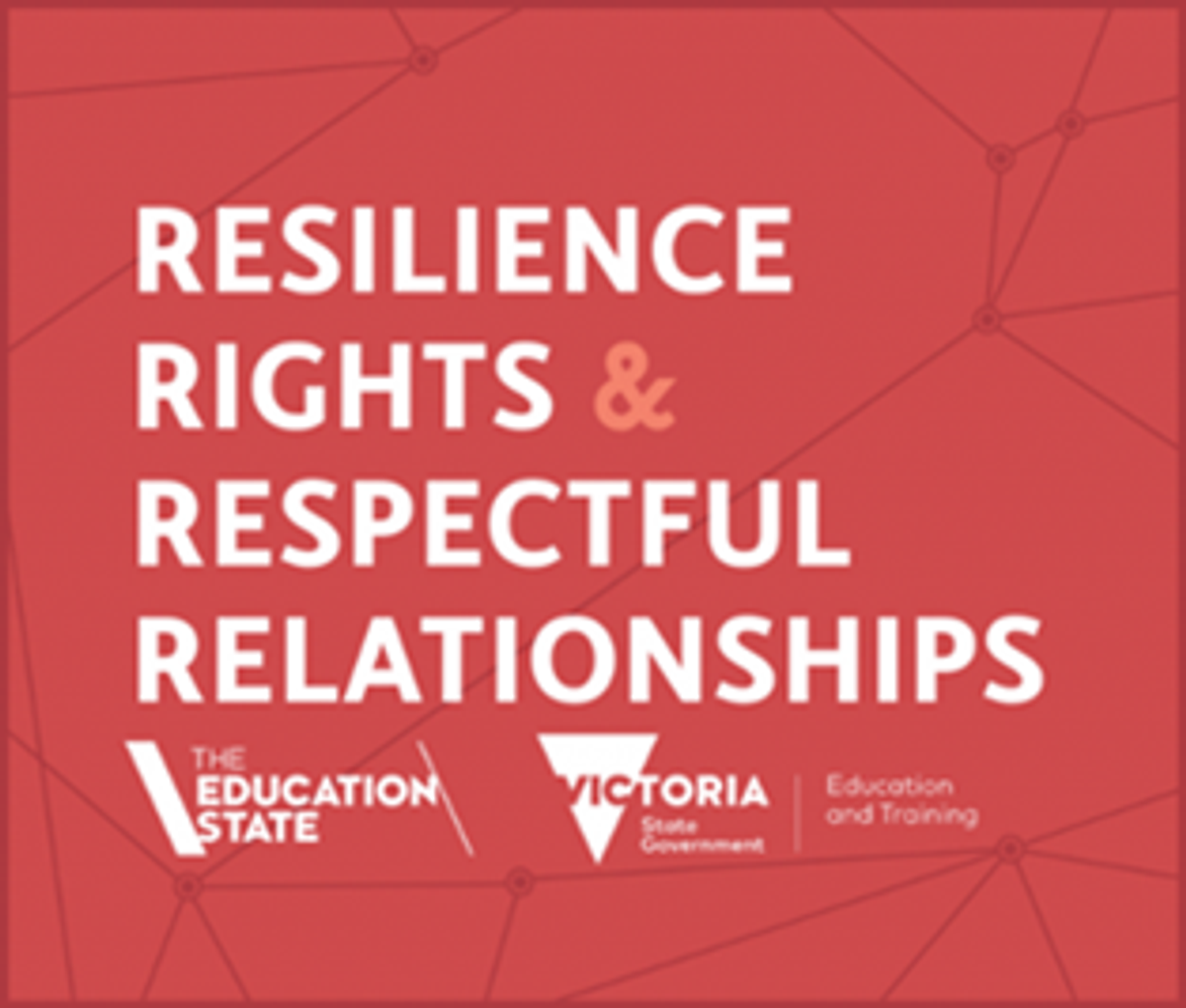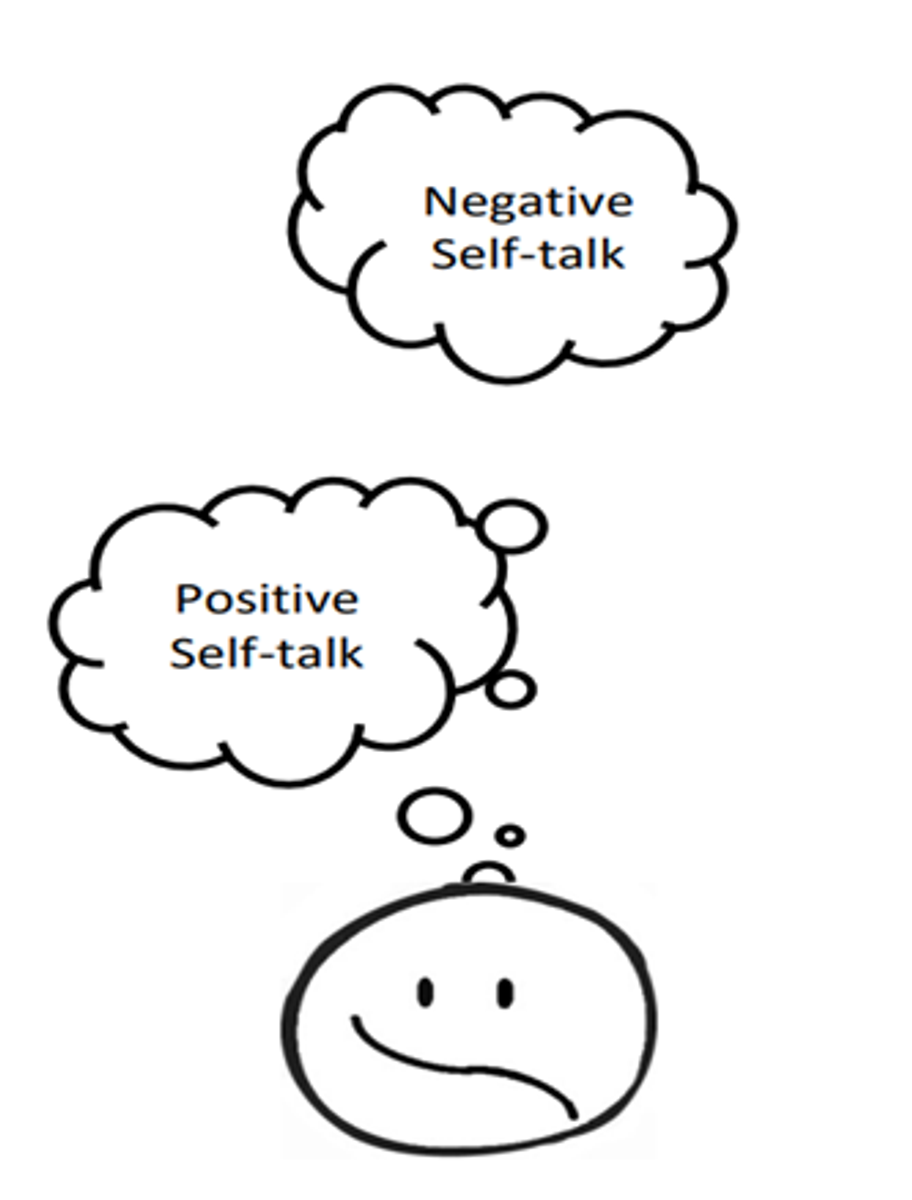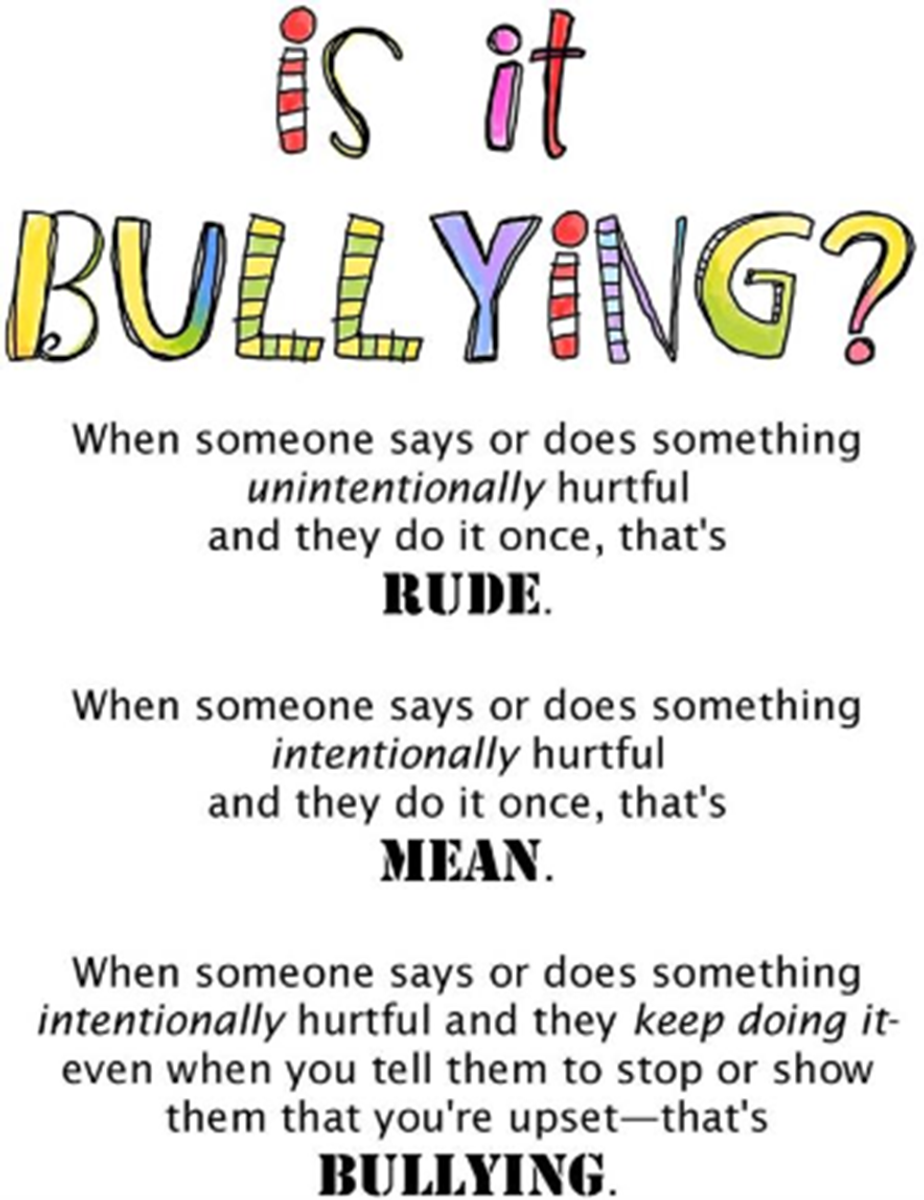Wellbeing and Inclusion Update

Resilience, Rights and Respectful Relationships (4Rs)
Last week we began with the topic of Positive Coping. Through this topic, students will develop language around coping, critically reflect on their coping strategies and, extend their repertoire of positive coping strategies. One such strategy is self-talk.
Self-Talk
• Self-talk is what we say to ourselves when we are thinking. Mostly this just happens inside our head, though sometimes we also say it out loud.
• Negative self-talk includes over-personalising adversity, excessive self-blame, and exaggerating the likely duration and impact of adversity or failure. It includes focussing on what is wrong and ignoring what is right.
• Positive self-talk includes a more realistic appraisal of capacity, circumstances and effort. It includes acknowledging and being grateful for the positives, recognising personal strengths and positive intentions, and a realistic attribution of responsibility.
• Technical self-talk emphasises HOW to do something.
• Use of positive self-talk is associated with greater persistence in the face of challenge, whereas negative self-talk is associated with higher levels of distress, depression and anxiety (Seligman 1995).
• Those who use positive self-talk about how they will approach and manage challenge are more likely to succeed. Positive self-talk can be learnt and strengthened through practice (Seligman 2009; 2003).


